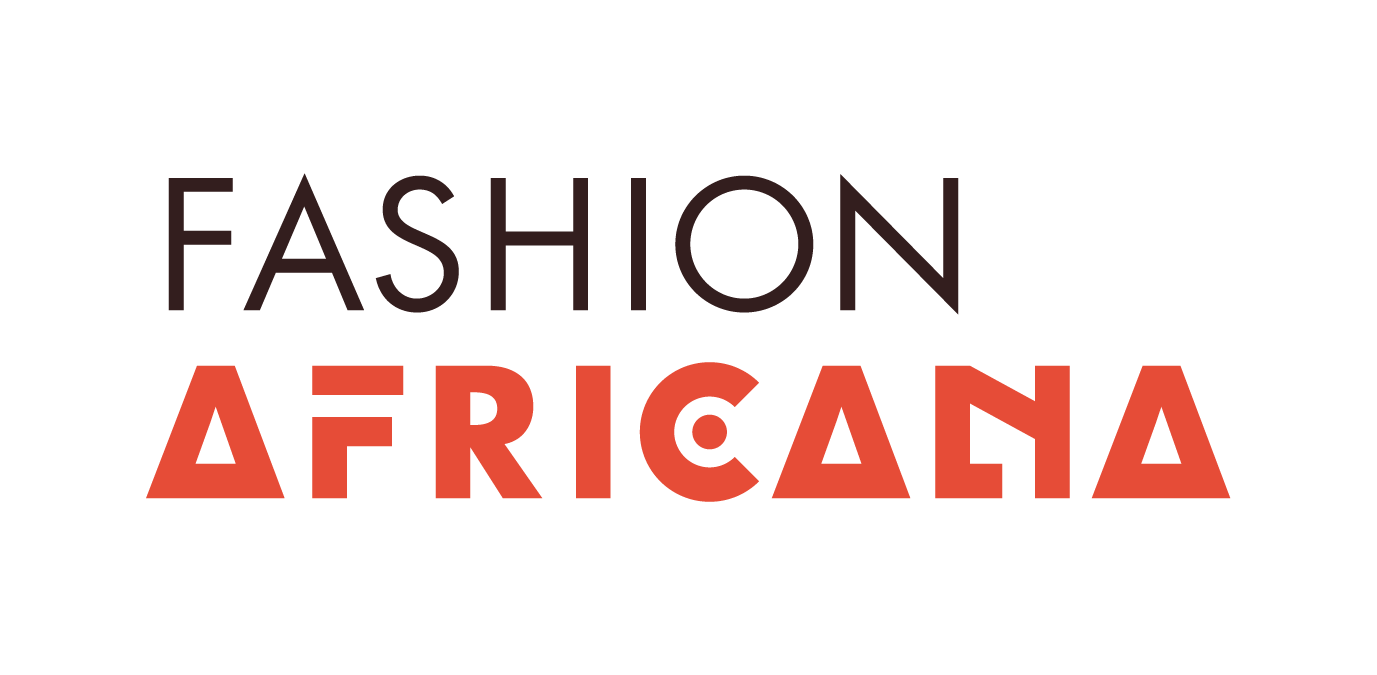Is Black Fashion Inherently A Political Statement?
Written by ShanTorrian RayewoodImage Art by Stephanie Lange for FashionAFRICANAFebruary 26, 2022, marked the 10th year anniversary of 17-year-old Trayvon Martin's tragic murder. Since Martin’s death in 2013, organizations such as the Black Lives Matter Global Network Foundation Inc. have grown into a global movement to end police brutality, eradicate white supremacy, and affirm the lives of all Black identities [BLMGN].[1] The formation of BLMGN marked a shift into a new political era where social awareness, intersectionality, and authenticity are utilized to expand definitions/representations of activism. Taking inspiration from previous civil rights eras, Black protestors and allies are strategically utilizing physical appearance through clothing to effectively communicate political beliefs. Similar to the Black Panther Party of the late ‘60s and ‘70s, which utilized all-black leather militant ensembles, and the Civil Suit era of the ‘50s and ‘60s which favored respectable church attire, Martin’s murder along with the BLMGN have popularized everyday fashion as a political tool. As argued by Executive Editor at WWD Tara Donaldson in Dress and Protest: Fashion Hasn’t Been a Bystander in the Black Civil Rights Movement, “dress is as much a political statement as a fashion one” and through each “iteration of the ongoing movement for civil rights, Black people have strategically embraced certain styles in moments of protest.”
Through platforms such as Instagram, TikTok, and Twitter, consistent visual messaging along with hashtags such as #sayhername and #Blacklivesmatter have created a space that links the everyday Black identity to the fight for Black liberation. Summer 2020 was a perfect example of style being used as a form of resistance to systemic oppression. Black T-shirts with bold white declarations, casual streetwear looks, and protective dystopian outfits with pride flags stitched on, could be seen throughout protests across the globe as people of all ages, orientations, and backgrounds rallied together to demand justice for 46- year-old George Floyd who was murdered by police on May 25th in Minneapolis, MN. In addition, celebrities such as English Supermodel Adwoa Aboah and Futbol Player Marcus Rashford, appeared on the August 2020 edition of British Vogue titled Activism Now wearing all black Black Panther-inspired outfits.[2] As a reaction to the murder of 26-year-old Breonna Taylor on March 13th, renowned actress Regina King accepted her 2020 Emmy for the HBO show Watchmen wearing a T-shirt with Taylor’s name and the statement “say her name.” Likewise, four-time Grand Slam singles champion Naomi Osaka wore a black mask with white letters spelling out Taylor’s name during the U.S. Open to continue bringing attention to the “genocide of Black people at the hand of the police.”[3]
Style has always served as an adaptable social justice framework to communicate ideas of Black beauty, power, and liberation.[4] While dismantling systemic oppression may not end with slogan T-shirts, viral hashtags, and striking social media posts, fashion is a powerful and accessible tool that can unite people together. Though surface level identity expressions are often seen as nonsensical and frivolous, how one takes up space through physical appearance is an effective tool to communicate a group's message. From clothing, hairstyles and social media engagement, Black people and allies are sustaining strong communities that empower and embrace the personal as political.
[1] Enninful, Edward[1] Wells, Adam[1] The Black Panther Party was established in 1966 by Bobby Seale and Huey P. Newton in Oakland, CaliforniaReferences ● About - Black Lives Matter. https://blacklivesmatter.com/about/.● Abu, Fedora. “How Black Lives Matter Changed Fashion in 2020.” BBC Culture, BBC, 20 Dec. 2020, https://www.bbc.com/culture/article/20201215-the-power-of-black-resistance-dressing-and-identity.● Bureau, U.S. Census. “Covid-19 Pandemic Hit Black Households Harder than White Households, Even When Pre-Pandemic Socio-Economic Disparities Are Taken into Account.” Census.gov, The Census Bureau’s Social, Economic and Housing Statistics Division, 8 Oct. 2021, https://www.census.gov/library/stories/2021/07/how-pandemic-affected-black-and-white-households.html#:~:text=These%20data%20suggest%20that%20the,well%20as%20more%20generalized%20anxiety.● Donaldson, Tara. “Dress and Protest: Fashion Hasn't Been a Bystander in the Black Civil Rights Movement.” WWD, WWD / Condé Nast, 1 Feb. 2021, https://wwd.com/fashion-news/fashion-features/protest-fashion-black-civil-rights-black-panthers-blm-1234715312/.● Elan, Priya. “Why It Matters When Black Lives Matter Clothing Is Banned.” The Guardian, Guardian News and Media, 28 Sept. 2020, https://www.theguardian.com/fashion/2020/sep/28/why-it-matters-when-black-lives-matter-clothing-is-banned.● Enninful, Edward, et al. “Activism: Read Edward Enninful's September 2020 Vogue Editors Letter.” British Vogue, Condé Nast, 3 Aug. 2020, https://www.vogue.co.uk/news/article/september-2020-issue-editors-letter.● Gould, Elise, and Valerie Wilson. “Black Workers Face Two of the Most Lethal Preexisting Conditions for Coronavirus-Racism and Economic Inequality.” Economic Policy Institute, Economic Policy Institute, 1 June 2020, https://www.epi.org/publication/black-workers-covid/.● Newman, Scarlett, et al. “Fashioning a Protest: What Does an Activist Look like?” Teen Vogue, Condé Nast, 27 Nov. 2020, https://www.teenvogue.com/story/a-brief-history-of-protest-fashion.● Olu, Sayo. “In 2020, the Black Panthers' Powerful & Political Style Is Everywhere.” The Black Panthers' Powerful & Political Style, Refinery29, 29 Oct. 2020, https://www.refinery29.com/en-gb/black-panther-style.● Roberts, Jennifer D. “Pandemics and Protests: America Has Experienced Racism like This Before.” Brookings, The Brookings Institution, 9 June 2021, https://www.brookings.edu/blog/how-we-rise/2021/06/09/pandemics-and-protests-america-has-experienced-racism-like-this-before/.● Vasquez Reyes, Maritza. “The Disproportional Impact of Covid-19 on African Americans.” Health and Human Rights, Harvard University Press, Dec. 2020, https://www.ncbi.nlm.nih.gov/pmc/articles/PMC7762908/.● Wells, Adam. “Naomi Osaka Wears Breonna Taylor Mask, Says She Has 7 Masks for U.S. Open.” Bleacher Report, Bleacher Report, 1 Sept. 2020, https://bleacherreport.com/articles/2907131-naomi-osaka-wears-breonna-taylor-mask-says-she-has-7-masks-for-us-open. 
